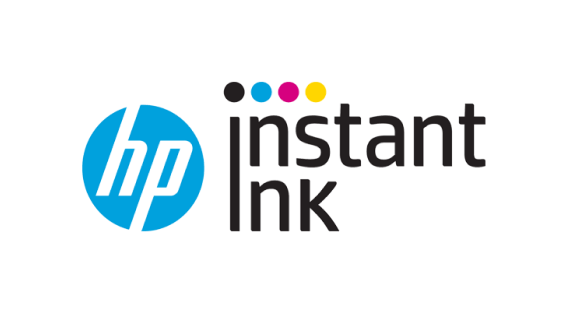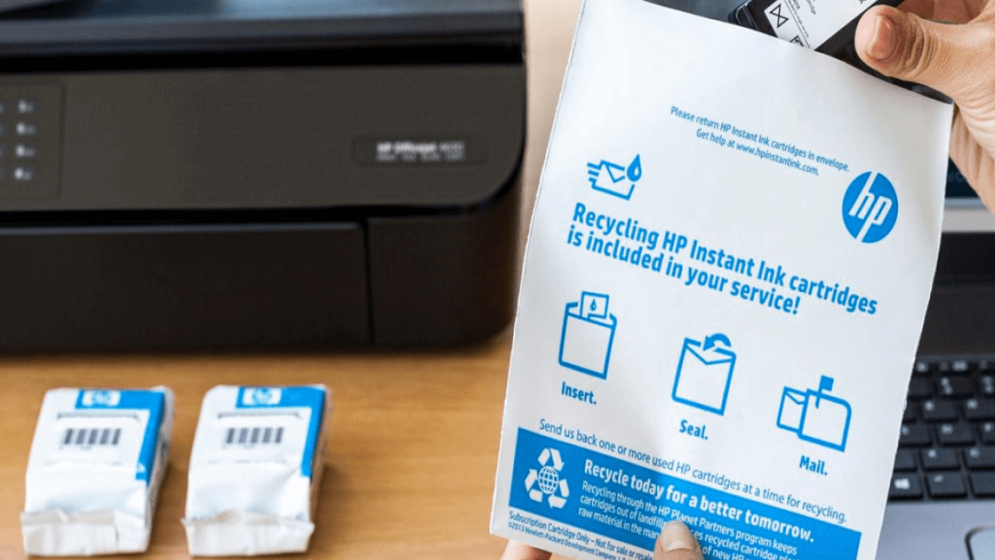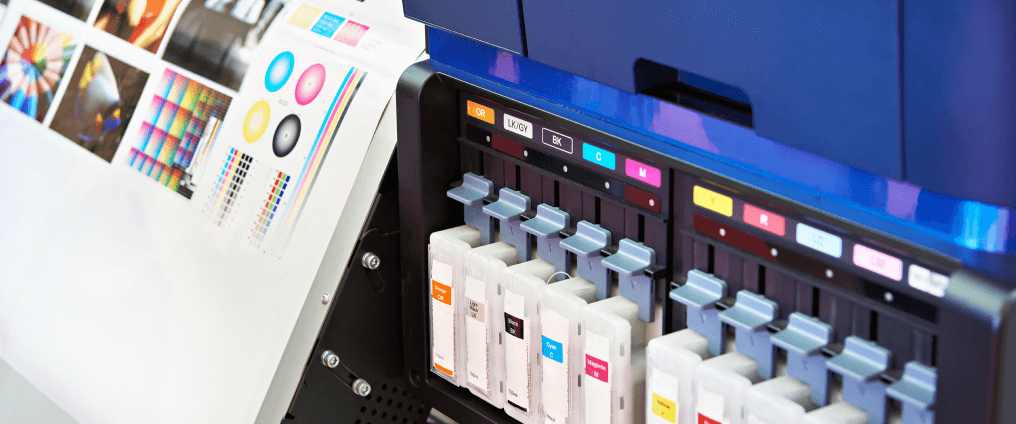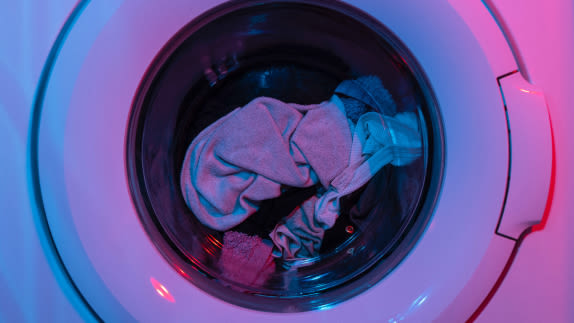
Providing a product as a service is not a new development at the enterprise level in the electronics sector, especially since the arrival of the Internet of Things. The more widespread use of this technology is now allowing performance models - where you pay for the performance of a product rather than owning it - to trickle down to small- and medium-sized enterprise (SME) customers and even individuals, where previously tracking and logistics were prohibitively costly or inconvenient.
Business Model Innovation
HP’s Instant Ink is an IoT enabled subscription model for individuals and small businesses that increases cartridge recovery and recycling. The model uses connected printers to send customers replacement cartridges, along with pre-paid envelopes for returning used cartridges, before the customer runs out of ink. The model successfully demonstrates a component recovery and recycling programme in the consumer electronics sector, as it enables HP to put their cartridges through multiple uses. Subscribers to the service pay a monthly fee based upon the number of pages they print. The connected printer notifies HP when the cartridge is about to run dry and signals to deliver a new one without the subscriber having to interact. Empty cartridges are collected and returned to HP as part of a ‘closed-loop’ recycling programme.

Benefits & Opportunities
Cartridge design and durabilitydurabilityThe ability of a product, component or material to remain functional and relevant when used as intended. is improved to facilitate the business model; packaging use is reduced, eliminating up to 57% of waste
Customers ink costs reduced by up to 50%
Collecting printer use data helps inform system designs, including packaging and replenishment algorithms to minimise waste; and improve serviceability, durability, and customer satisfaction
Doubled return rate of cartridges (compared to transactional purchasing model)







